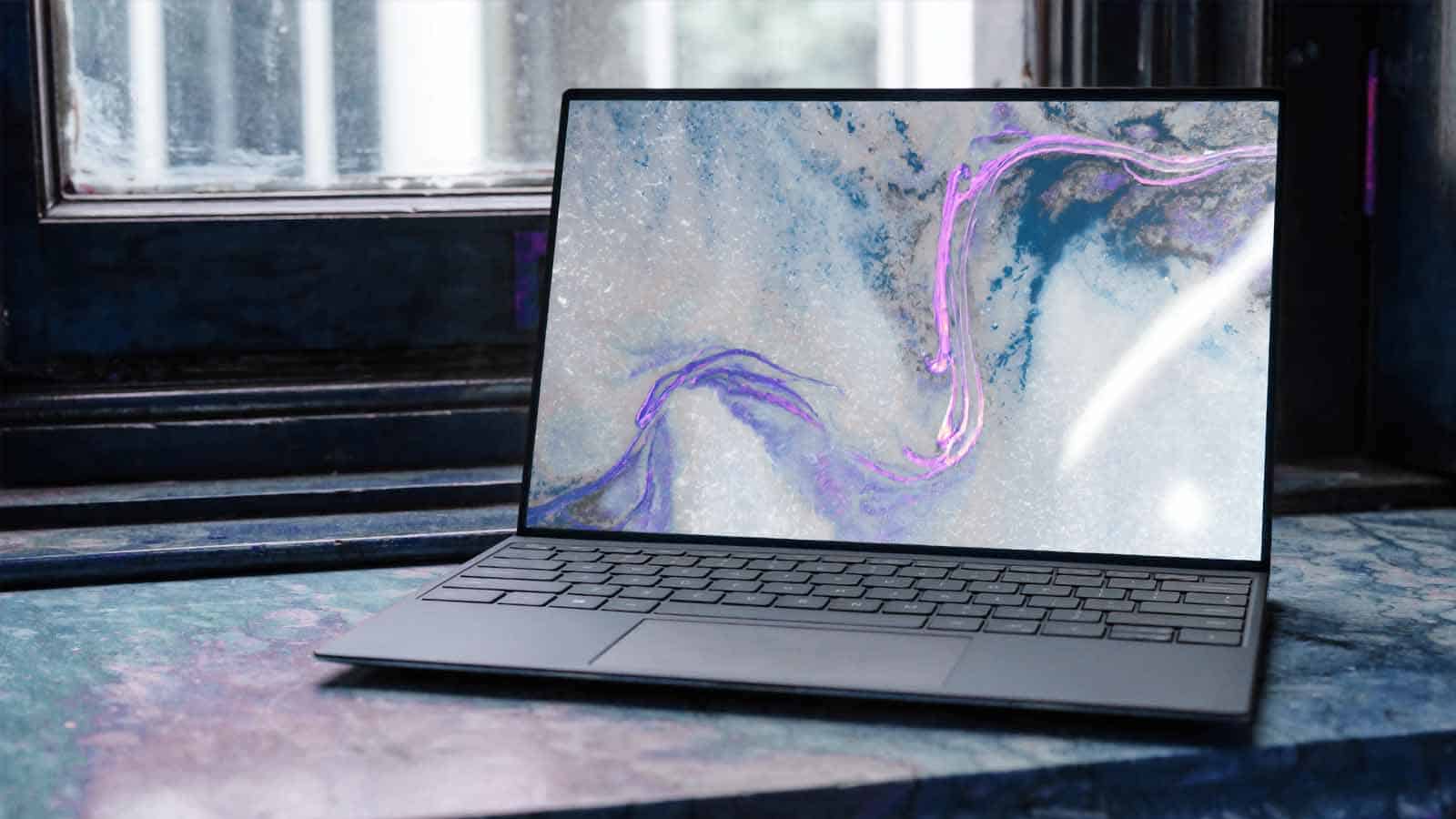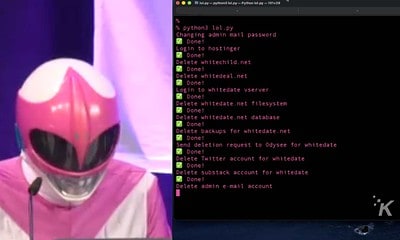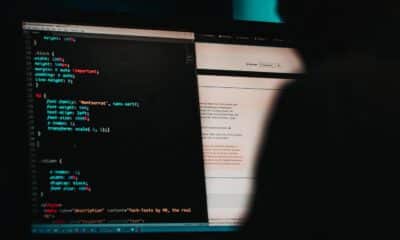Security
A simple string of text can crash Windows computers and corrupt hard drives
Don’t download things you don’t trust.

Just a heads up, if you buy something through our links, we may get a small share of the sale. It’s one of the ways we keep the lights on here. Click here for more.
A new text string is circulating and crashing computers running on Windows 10 and Windows XP. The vulnerability was initially discovered by security specialist Jonas L and later reported by Will Doorman, a vulnerability analyst at CERT/CC.
According to the two security experts, this simple text string can easily corrupt your hard drive.
At first, many assumed that the hack was triggered only after opening a specific folder, extracting a ZIP folder, or clicking on a shortcut. But as it turned out, the text string is sufficient even if it is only visible on your desktop, or it is just a shortcut icon pointing to the corrupting text.
According to a set of tests executed by Bleeping Computers, the text string can also be effective in HTML files or URLs.
Every time the hack got triggered, the user would get the following message – “restart to repair hard drive errors.”
In most cases, there is nothing wrong with the hard drive. However, you will need to run a drive scan and repair manually or automatically. However, it’s possible that this malware can run even more havoc on your computer than expected.
All in all, you might end up needing to reinstall your Windows from scratch. Reinstalling Windows is not anything problematic, but the risk of losing data is present. Therefore, we recommend you keep all of your files backed up in case something like that happens.
When The Verge asked about this issue, a spokesperson for Windows said that they were aware of it and they would look into it. The spokesperson also noted that Windows users should practice “good computing habits online,” to be cautious when accepting file transfers and when opening new files.
What do you think? Surprised something like this can cause issues with youir computer? Let us know down below in the comments or carry the discussion over to our Twitter or Facebook.
Editors’ Recommendations:
- You can now run Linux on your M1-equipped Mac, kind of
- The taskbar in Windows 10 is getting new weather and news widgets
- Telegram’s People Nearby feature can give hackers your exact location
- Russian hackers infiltrated the U.S Treasury department






























